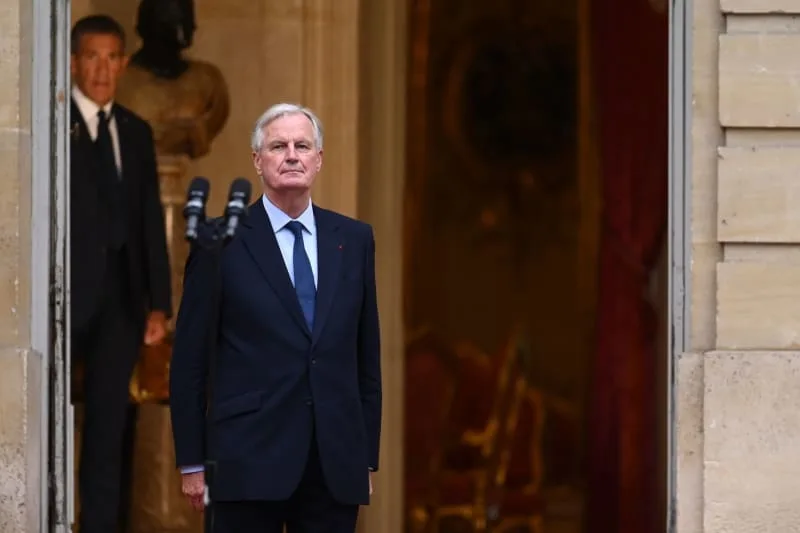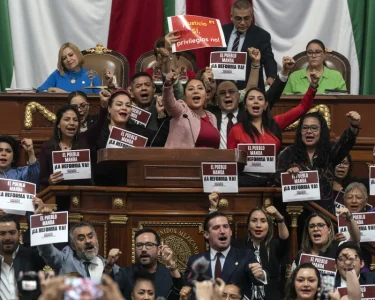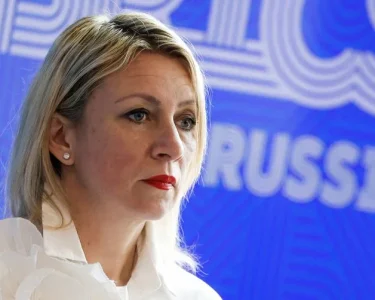New Prime Minister Michel Barnier’s: In a massive show of dissent, thousands of people across France took to the streets to protest against the policies of the newly appointed Prime Minister Michel Barnier. The public outrage, driven by concerns over his economic reforms and immigration stance, has sparked a series of demonstrations in key cities like Paris, Marseille, and Lyon. These protests reflect a growing discontent among citizens who feel Barnier’s leadership is steering the country in the wrong direction.

Barnier’s Policies Ignite Nationwide Protests
Barnier’s appointment as Prime Minister came with a promise to bring stability and progress. However, his proposed policies have quickly drawn criticism. Key among these is his economic reform plan, which critics argue would disproportionately affect middle- and low-income families. The changes include austerity measures aimed at reducing national debt, but many fear that the cost will be felt by the most vulnerable sectors of society.
Another controversial aspect of Barnier’s agenda is his stance on immigration. His stricter border control policies have raised alarms among human rights groups and activists, who see them as a departure from France’s long-held values of equality and freedom.
Nationwide Response: A Cry for Change
The protests began soon after Barnier’s announcement of his first policy reforms. Demonstrators carried signs with messages such as “Not My Prime Minister” and “France Deserves Better.” The rallies, organized by labor unions, left-wing political parties, and civil rights groups, saw participation from a diverse cross-section of French society, including students, pensioners, and activists.
In Paris, one of the largest gatherings occurred in Place de la République, where thousands marched peacefully but passionately. Chants demanding Barnier’s resignation echoed through the streets, with protestors expressing their dissatisfaction with what they call an “elitist agenda” that ignores the struggles of ordinary citizens.
Economic Woes Fuel Discontent
One of the main concerns fueling the protests is the perception that Barnier’s economic reforms are out of touch with the reality of everyday life for many French citizens. His proposal to raise taxes on certain goods and reduce public sector spending has led to fears of an economic downturn, particularly in rural areas where government support is crucial.
For many, these reforms feel like a continuation of policies that have already led to growing inequality. One protestor in Lyon, who works as a teacher, expressed her frustration, saying, “Barnier talks about balancing the budget, but what about balancing the needs of the people? We are already struggling to make ends meet.”
Immigration Policies Under Fire
Barnier’s hardline stance on immigration has also been a focal point of the protests. His proposed changes include tighter restrictions on asylum seekers and increased deportations of undocumented migrants. These measures have drawn sharp criticism from human rights organizations, which argue that the policies are a step backward for a country historically known for its openness and commitment to human rights.
Opponents argue that these policies not only undermine France’s humanitarian responsibilities but also fuel xenophobia and division within the country. As one demonstrator in Marseille put it, “We cannot allow our leaders to divide us. France is stronger when we stand together.”
Political Repercussions and Next Steps
Barnier’s government is facing mounting pressure to address the growing unrest. Opposition leaders have already called for a vote of no confidence, while political analysts are closely watching how the Prime Minister will respond to the protests. Some believe Barnier will attempt to modify his reforms to ease public tensions, while others think his government may try to push through the changes despite the backlash.
Despite the large-scale protests, Barnier has maintained a firm stance, insisting that his reforms are necessary for the long-term prosperity of the country. In a recent interview, he stated, “I understand the concerns of the French people, but we must make difficult decisions today to ensure a brighter future for our children.”
Conclusion
As protests continue to gain momentum, the future of Barnier’s government remains uncertain. With many citizens voicing their dissatisfaction, the pressure is on the Prime Minister to address the public’s concerns. Whether through dialogue, compromise, or further demonstrations, the coming weeks will be critical in shaping the course of France’s political landscape.
For more in-depth coverage of political events and global news, check out Digital Digest, your go-to source for unbiased, reliable reporting.




